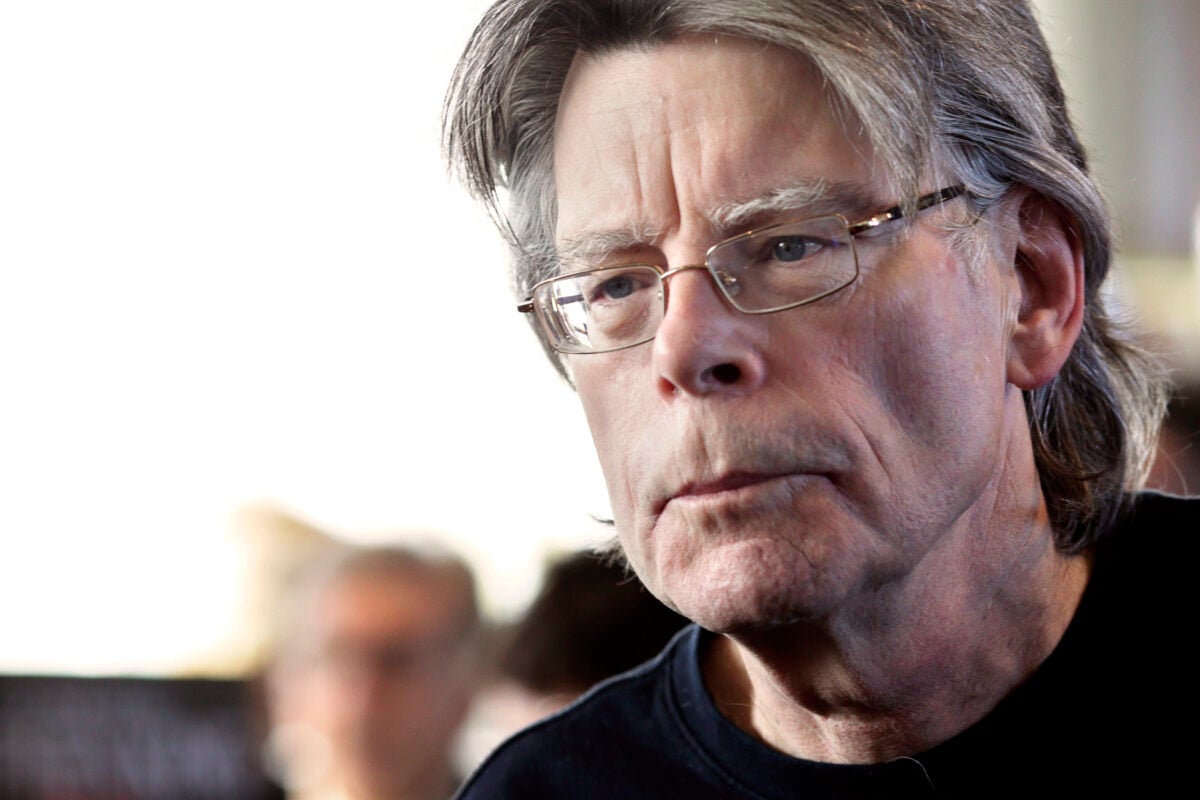We like it when we see someone in the public eye learn from a mistake and use that to educate others, so we’re happy that author Stephen King has taken the time to correct and expand on some comments he made in the wake of the Oscars’ continued failure to produce a diverse field of nominees.
On January 14, the day after the Oscars nominations were announced, King tweeted a few comments on the nominations and, in part due to the fact he didn’t thread his tweets (it’s okay Stephen, it happens to the best), one tweet in particular blew up and engendered a great deal of criticism, including from us here at TMS.
…I would never consider diversity in matters of art. Only quality. It seems to me that to do otherwise would be wrong.
— Stephen King (@StephenKing) January 14, 2020
Today, King published an Op-Ed in the Washington Post to explain this and clearly state that “The Oscars are rigged in favor of white people.” He rightly states of social media: “Lines of belief are drawn with indelible ink, and if you step over them — wittingly or otherwise — you find yourself in the social-media version of the stocks and subject to a barrage of electronic turnips and cabbages.”
King noted the above tweet and added: “I also said, in essence, that those judging creative excellence should be blind to questions of race, gender or sexual orientation,” but he clarifies. “I did not say that was the case today, because nothing could be further from the truth. Nor did I say that films, novels, plays and music focusing on diversity and/or inequality cannot be works of creative genius.”
This is true but it’s certainly not how the comments came across – or at least how the isolated tweet came across. That’s not just a flaw in the sentiment, but also a flaw in social media, which reduces nuanced arguments to soundbites and responses by way of gif, not discussion.
King, however, goes on to make it clear that his ideal world, where he and all academy members would view art from a purely artistic point of view and not even think of “diversity” does not exist. It’s really important for him to say this, and to note, correctly, that the Academy of Motion Picture Arts and Sciences is overwhelmingly white and male in their demographics, even if there has been positive movement in recent years.
But as King succinctly puts in it: “Not good enough. Not even within shouting distance of good enough.”
King does what a lot of men don’t and calls out not just the membership of the Academy but the fact that the majority of the best picture nominees “are what my sons call ‘man-fiction.’ There are fights, guns and many white faces.” Add into this the fact that the while, male academy might not see the non-white, not-male films and even if they do, they might not get them.
Without using the term, King acknowledges his own privilege: “Where am I in this diversity discussion? Fair question. The answer is white, male, old and rich.” But he also notes, again without using the word, that he’s an ally that has written strong female characters and stood up for colorblind casting. But that still all comes from a privileged perspective in a racist, sexist world.
King clearly states what he was trying to get across two weeks ago: “as with justice, judgments of creative excellence should be blind. But that would be the case in a perfect world, one where the game isn’t rigged in favor of the white folks.”
Again, I’m glad that King is taking the time to clarify and state in no uncertain terms that a world where we valued art only on its merits would be great, but we aren’t there yet. He even, sort of, alludes to the fact that our subjective responses and valuations of art have to do with our own privilege or life experiences and we need a diversity of perspective in order to honor diverse art.
Overall, it’s heartening to see a man in power use his platform to grow and support marginalized voices, in his way. We won’t make progress without privileged people acknowledging that the world is unfair and needs to change. This is a good stand to take.
(Image: ENZO TRIBOUILLARD/AFP via Getty Images)
Want more stories like this? Become a subscriber and support the site!
—The Mary Sue has a strict comment policy that forbids, but is not limited to, personal insults toward anyone, hate speech, and trolling.—










Published: Jan 27, 2020 05:02 pm